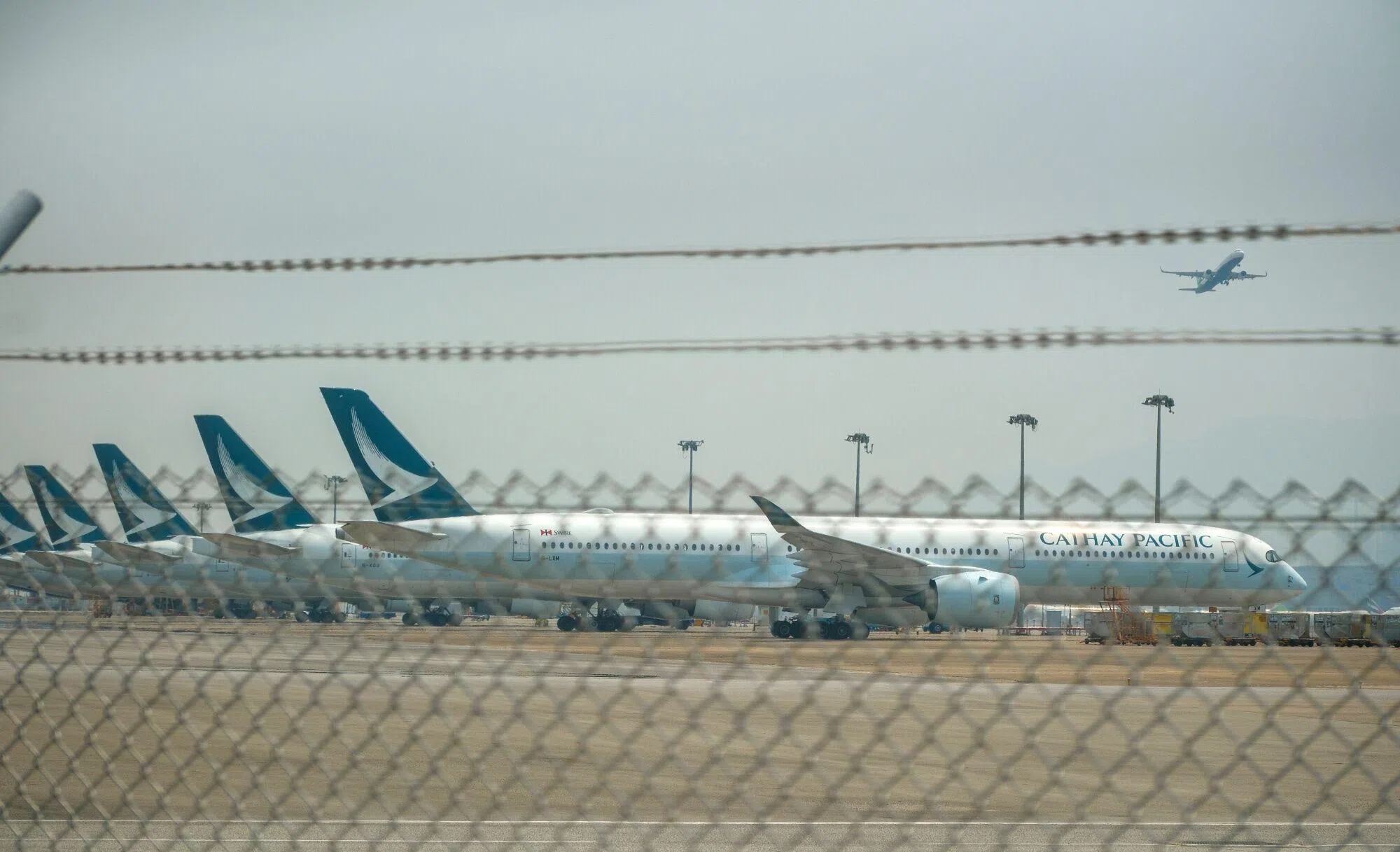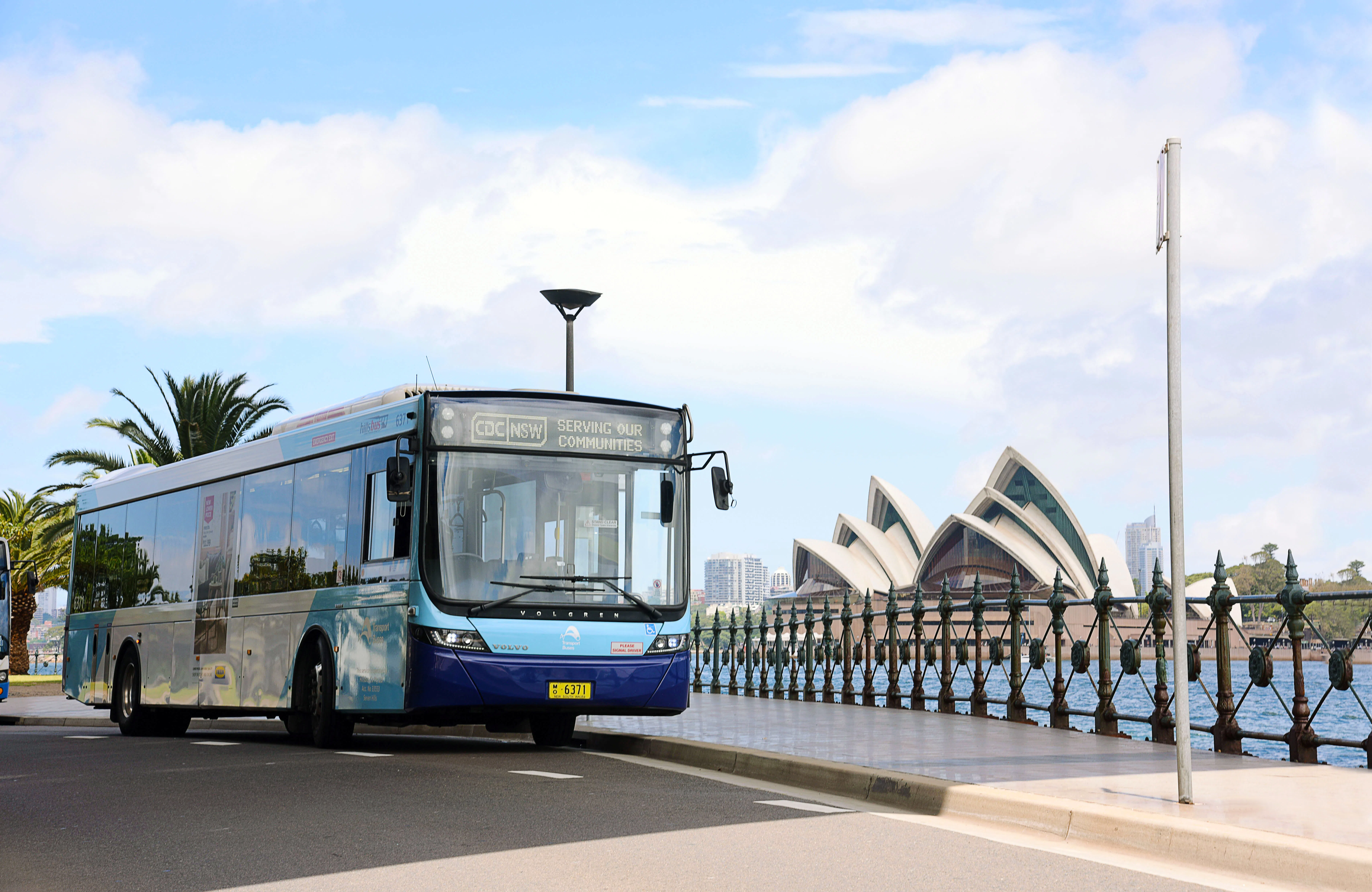SINGAPORE Airlines (SIA) said on Tuesday (Sep 3) it is inspecting the Rolls-Royce Trent XWB-84 engines in its fleet of A350-900 planes as a precaution after Hong Kong’s Cathay Pacific Airways identified an engine component failure on one of its flights.
There is currently no impact on Singapore flights operating with the A350-900.
Cathay Pacific said on Sep 3 it had inspected its entire Airbus A350 fleet after the in-flight failure of an engine part and found 15 aircraft with components that needed replacement.
The Hong Kong carrier said three of the 48 Rolls-Royce-powered planes it had inspected had already gone through successful repairs, and all of the jets were expected to resume operation by Sep 7. It cancelled at least 34 round-trip flights due to the fleet disruption.
Other airlines said they had not yet been issued instructions to examine similar engines after a part failed on one of Cathay Pacific’s A350-1000 wide body planes minutes after take-off from Hong Kong on Sep 2.
Data from flight tracking service FlightRadar24 showed other major operators of the A350-1000 and the smaller, more popular A350-900 appeared to be flying their aircraft normally on Sep 2.
BT in your inbox
Start and end each day with the latest news stories and analyses delivered straight to your inbox.
Tokyo-based Japan Airlines (JAL), which has five A350-1000s that are all less than a year old, said it had asked Rolls-Royce for more information and had not stopped A350 flights in the meantime.
“If the engine manufacturer takes any further action, we will respond accordingly,” a JAL spokesperson said.
Rolls-Royce had not yet issued a directive to airlines regarding possible inspections, according to an industry source who was not authorised to speak publicly about the matter.
Cathay Pacific said it had secured spare parts for the engine components that needed to be replaced.
Rolls-Royce on Sep 2 said the replacement could take place while the engine remained on-wing.
The engine manufacturer said it was committed to working closely with Cathay Pacific, Airbus and the authorities conducting an investigation of the incident.
Cathay Pacific has not specified which engine component failed, but the carrier said it was the “first of its type to suffer such failure on any A350 aircraft worldwide”.
A source familiar with the matter said the incident involved a problem with a fuel nozzle inside a XWB-97 engine, the Rolls-Royce model used on the A350-1000.
Experts say such problems are rare but, barring a deeper flaw, generally raise fewer alarms than the failure of one of the major rotating parts such as a turbine blade. However, any widespread further inspections could be disruptive to airlines.
Airbus said it was in contact with Rolls-Royce and Cathay Pacific and offering “full technical support”.
Taiwan’s China Airlines, which operates 15 A350-900s but no A350-1000s, said its fleet did not use the affected engines, so its operations would not be impacted.
“The company will continue to pay attention to the instructions of the original manufacturer and take the initiative to arrange for testing operations to ensure the safety of aircraft operations,” it said.
Although the part failure occurred on one of its 18 A350-1000 jets, Cathay Pacific said it was also inspecting its 30 A350-900s as a “precautionary measure”.
The airline said it had “identified a number of the same engine components that need to be replaced” but did not say on which model aircraft.
There are around 88 A350-1000 jets in operation worldwide, according to Swiss aviation intelligence provider ch-aviation. The top six operators are Qatar Airways with 24 planes, British Airways with 18, Cathay Pacific with 18, Virgin Atlantic with 12 and Etihad Airways and JAL with five each.
Qatar Airways, British Airways, Virgin Atlantic and Etihad did not immediately respond to requests for comment.
Cathay Pacific shares slipped as much as 0.9 per cent on Sep 3.
The flights Cathay cancelled included those between Hong Kong and Sydney, Osaka, Tokyo, Taipei, Bangkok and Singapore.
Rolls-Royce shares closed 6.5 per cent lower on Sep 2. REUTERS







